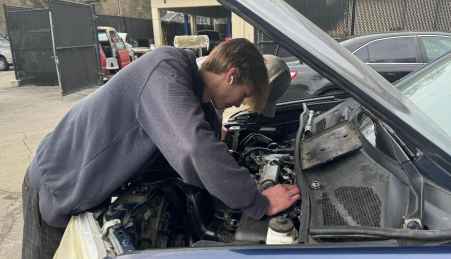
Cal High’s former auto shop class gave students the skills to earn jobs straight out of high school.
That was until it was discontinued in 2006.
This begs the question: Should the school bring back the once popular course?
Currently, San Ramon Valley High School is the only school that offers the auto shop pathway in San Ramon Valley Unified School District. This pathway is a Career Technology Education elective and does not count as an A-G graduation requirement.
The auto shop pathway includes two year-long classes: Auto 1 and Auto Technology.
Auto 1 is an introductory course that familiarizes students with automotive tools and systems by implementing hands-on activities.
The second course, Auto Technology, prepares students for a career and includes more advanced automotive systems which follow the National Institute for Automotive Service Excellence (ASE) guidelines. The ASE is a nonprofit that tests and certifies automotive professionals by offering a variety of tests depending on the area of specialization.
“I learned about engines, different types of cars and how they run,” San Ramon Valley senior Jaden Lam said.
Lam took Auto 1 sophomore year and said the class was a good experience.
By enrolling in this course, students are offered a different pathway after high school. Instead of enrolling in a community college or a four-year university, auto shop students can pursue a career debt free or attend a trade school.
Former Cal Auto 1 and Auto Technology teacher Steve Dick taught the class for at least 20 years until the school was remodeled and eliminated the course. His father owned an auto shop, so he grew up in the environment of a mechanic.
“Our district focus was every student should graduate and plan on attending a four-year college,” Dick said. [It] wasn’t cool to go to a trade school.”
The auto shop class was allowed to be certified by the state, which permitted Dick’s teaching to go beyond the classroom, as many professional mechanics visited campus to listen to listen to Dick’s lectures twice a week.
“The dealerships in the [local] area would send their mechanics over [to Auto Shop] first thing in the morning at eight o’clock,” Dick said. “They would spend their two hours in the morning in my classroom on lecture days.”
Health and PE teacher Joe Sussman saw Dick’s motivation to create an immersive class for his determined students. Sussman said he would often see former Cal students working at local car shops.
“They go [to Cal] for four years and then they go make mechanic money, which is great money,” Sussman said.. “And then they can go support themselves, instead of living in [their] mom and dad’s basement until they’re 30.”
Many Cal students think an auto shop class would be a good addition to the course catalog because it would be useful to learn about how cars function. In an email survey sent by The Californian, 106 of the 108 students who responded think an auto shop class should be added.
“I think it would be really useful to just know the basics on cars and just know how to fix it just in case anything happens and you can’t call for help,” sophomore Ryle Neo said.
Learning how cars work and being able to get the hands-on experience of fixing them offers a unique opportunity for students.
“I want to work in cars with some capacity, maybe not as a technician or something, maybe as a designer,” junior Eshaan Hussain said. “It’s experience in the field and it’s practice around stuff [that] I like.”
Cal’s engineering pathway shares similar aspects with the auto shop pathway.
Engineering pathway teacher John Reed started at Cal in 2011 after the auto shop classes were eliminated. He started teaching Introduction to Engineering Design, Principles of Engineering and Computer Integrated Manufacturing classes.
While Reed agrees that auto shop classes would be popular and gains students with a passion for cars and mechanics, he said he’s not sure how applicable it would be in today’s world.
Freshman Yusha Qin disagreed.
“It’s good to learn how things work and how they start,” said Qin, who is taking Introduction to Engineering Design and noticed how the class could be similar to auto shop.
In an auto shop class, students learn how a car operates when reviewing the different systems of an automobile. This is similar to engineering where students learn the functionality of different models during the design process.
“It was definitely a good course and I would recommend it to students interested in the automotive industry or just to be more knowledgeable about cars overall,” Lam said of the auto shop class at San Ramon Valley.
Dick agrees, noting that students who passed his class left with the same knowledge.
“[Teaching] is the most rewarding job when you see somebody complete a job, and all they had was a bucket of bolts,” Dick said.
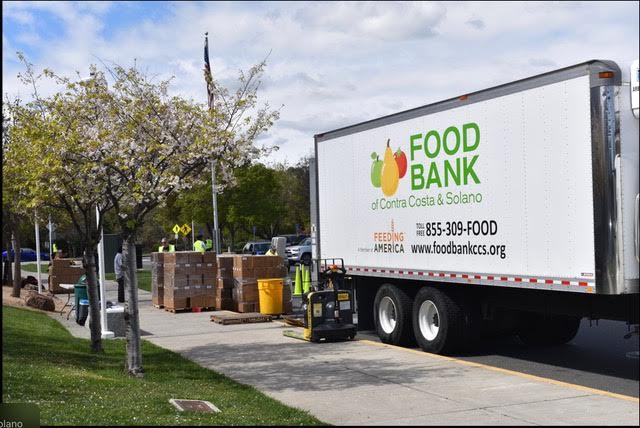
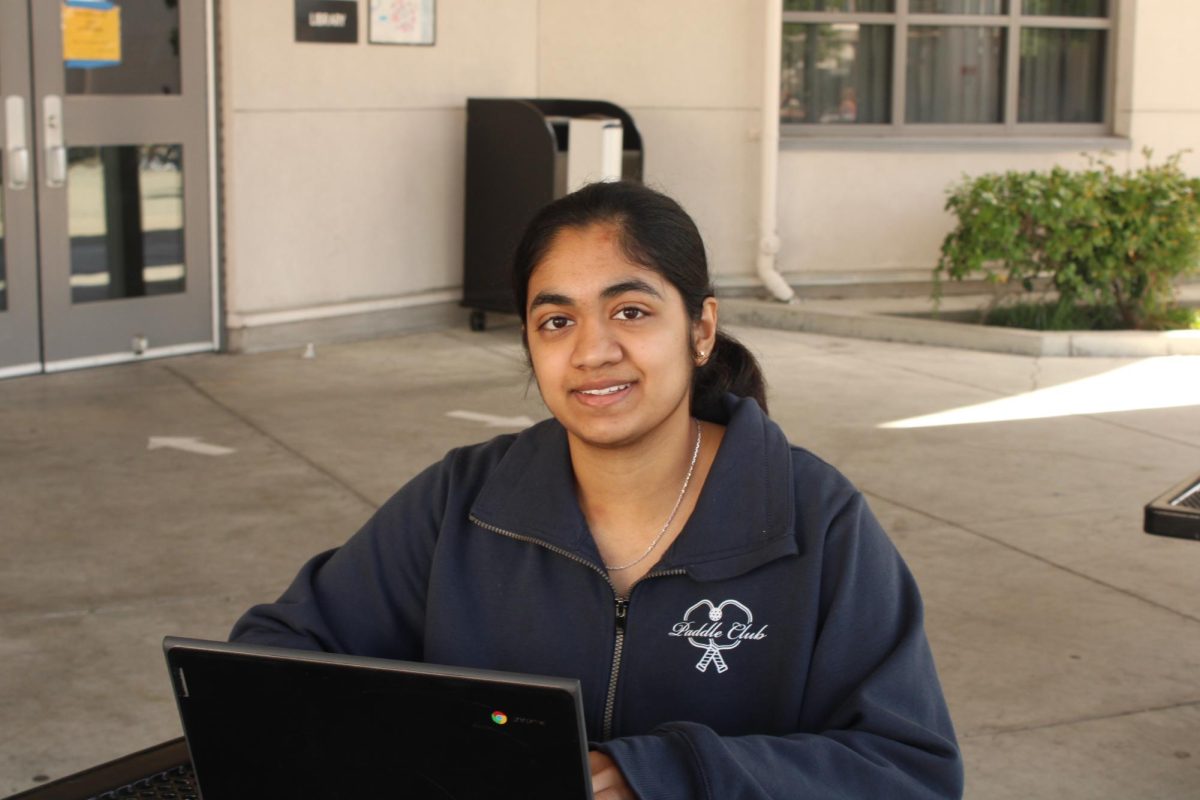

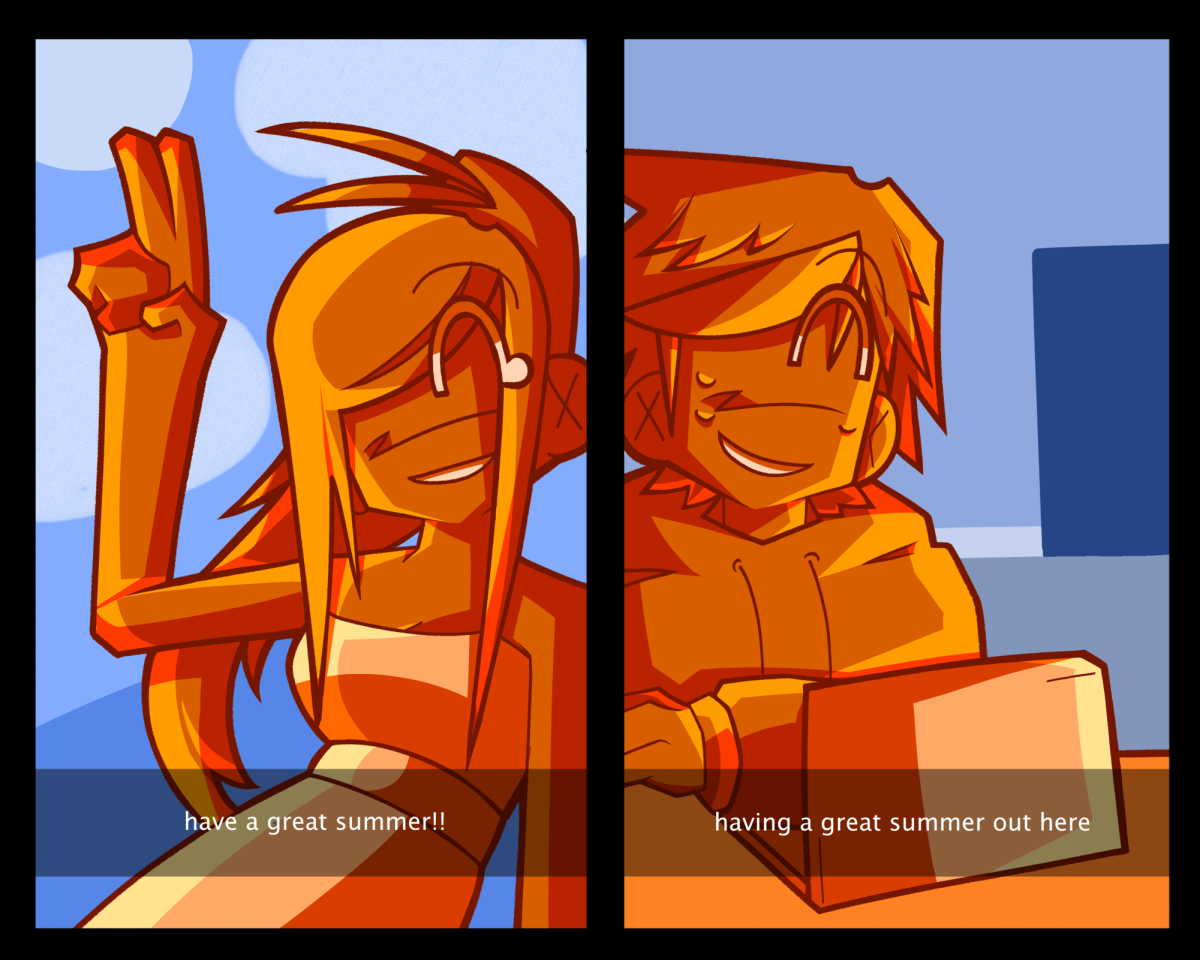
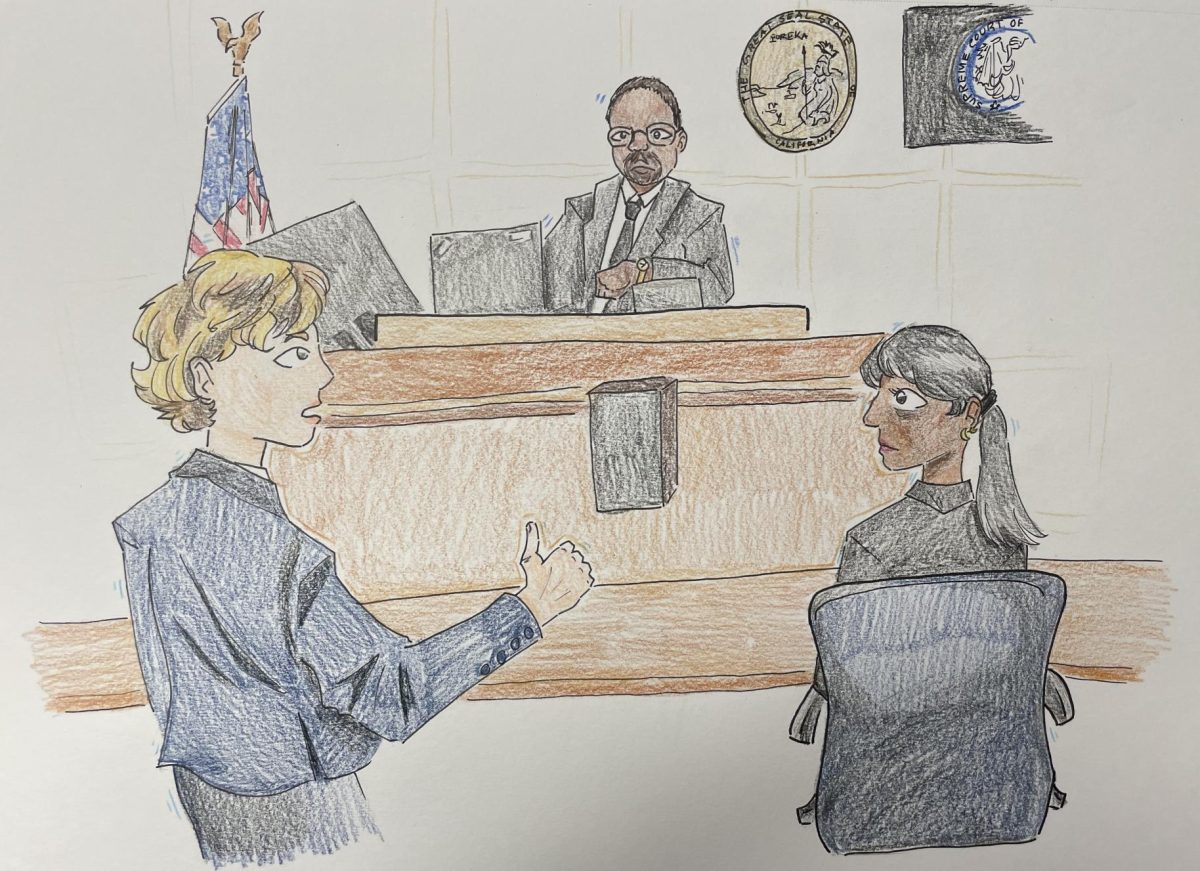
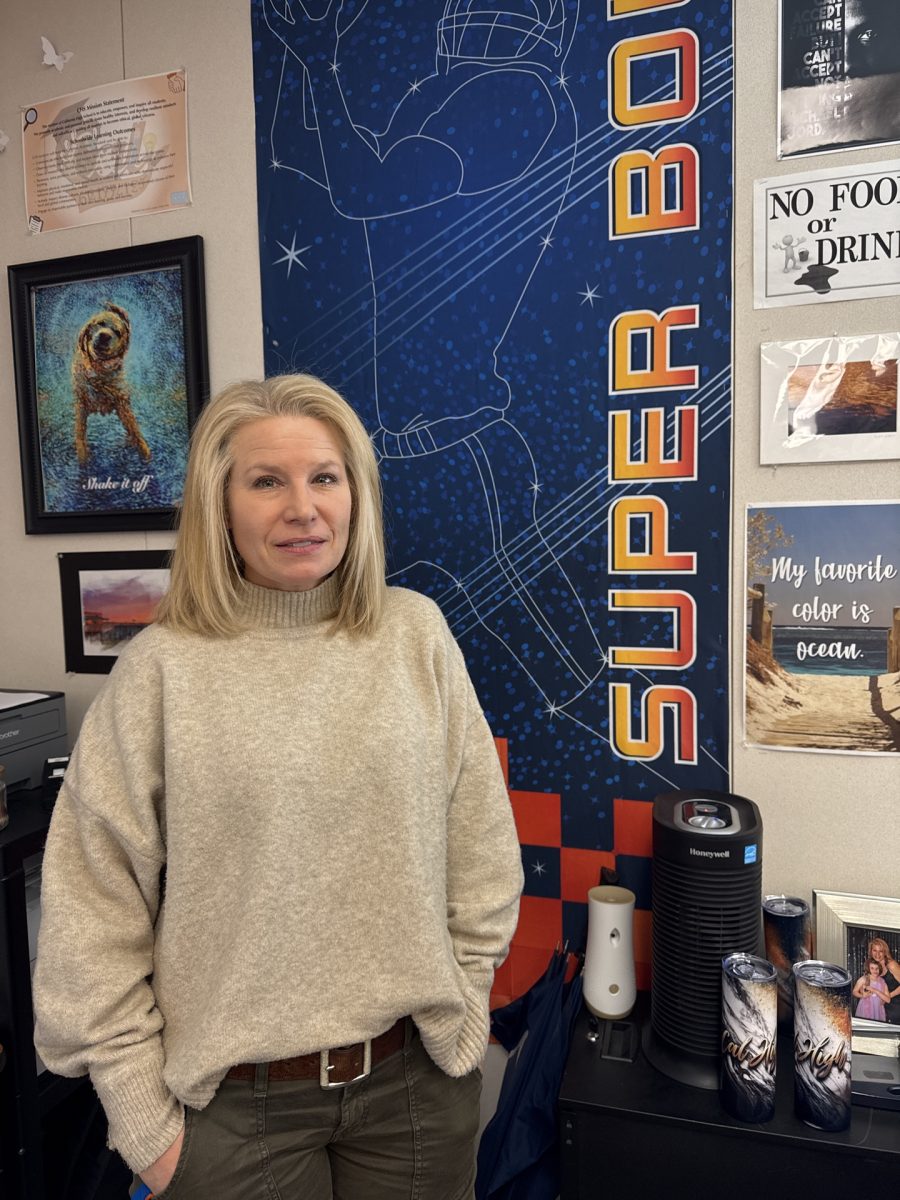
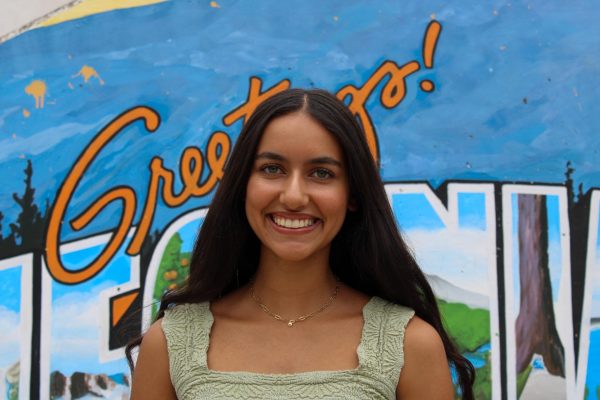
Nickya • Dec 9, 2024 at 11:30 am
This was very interesting and I like the first person perspectives and narratives